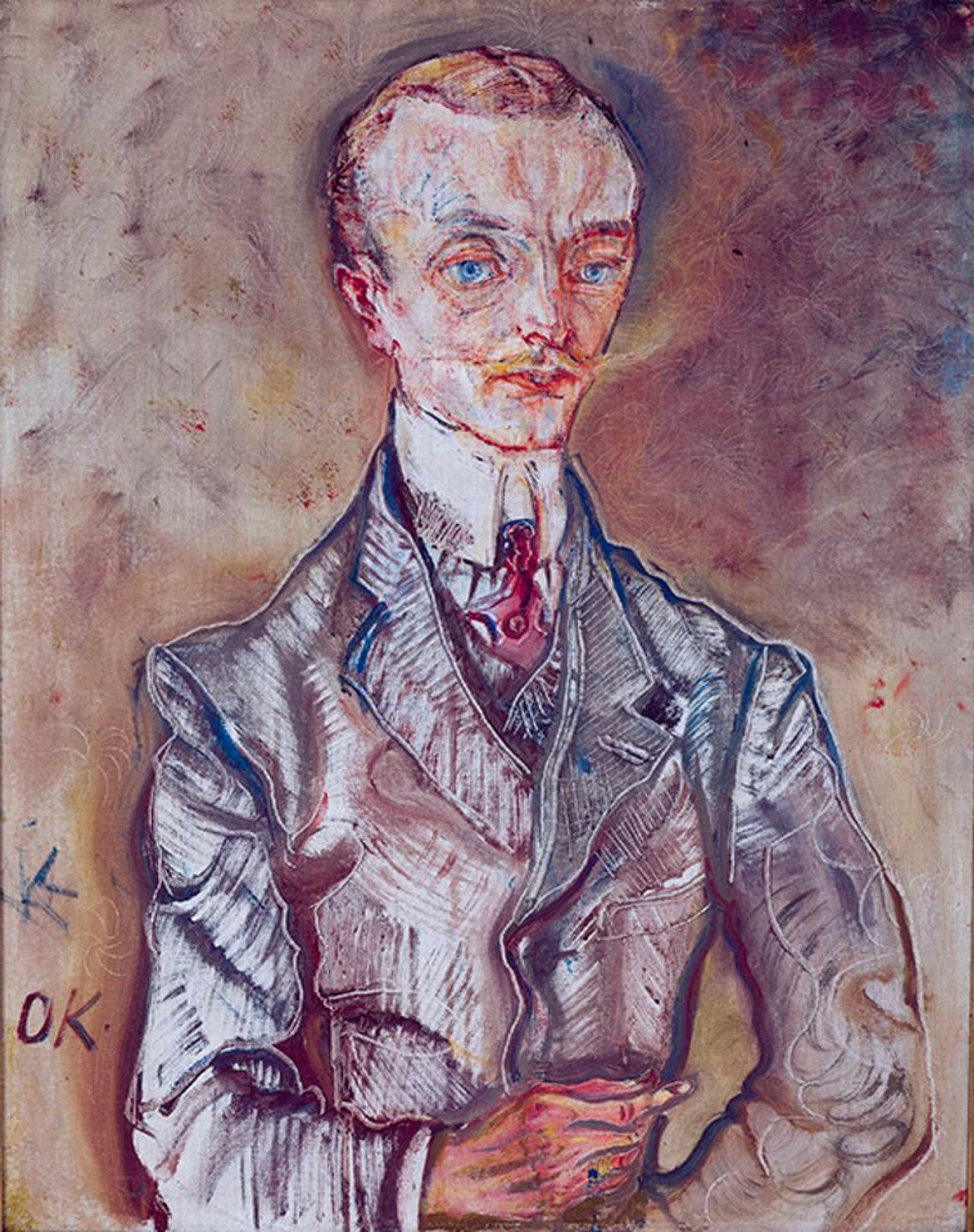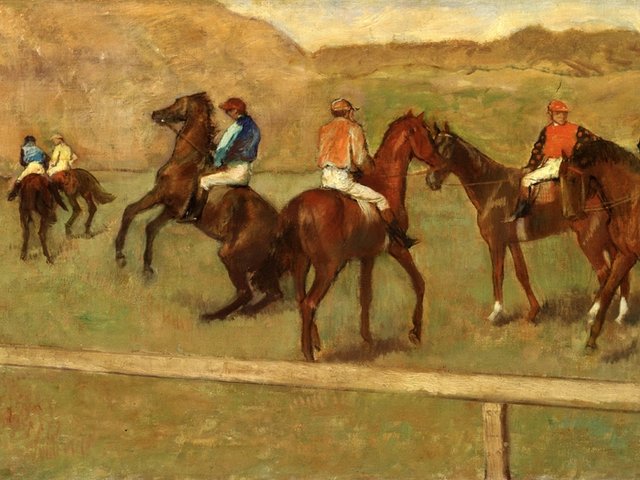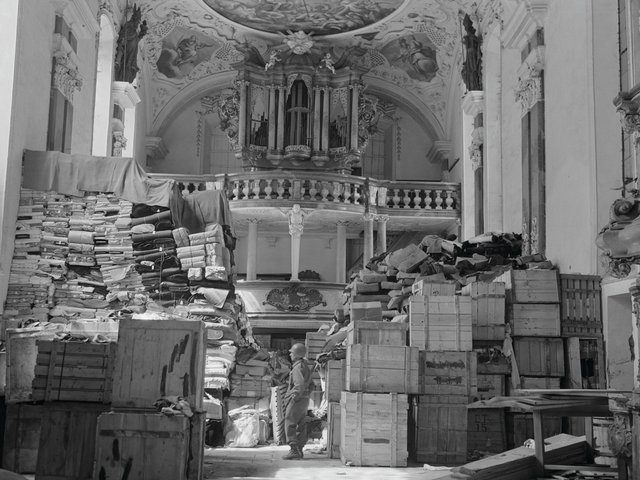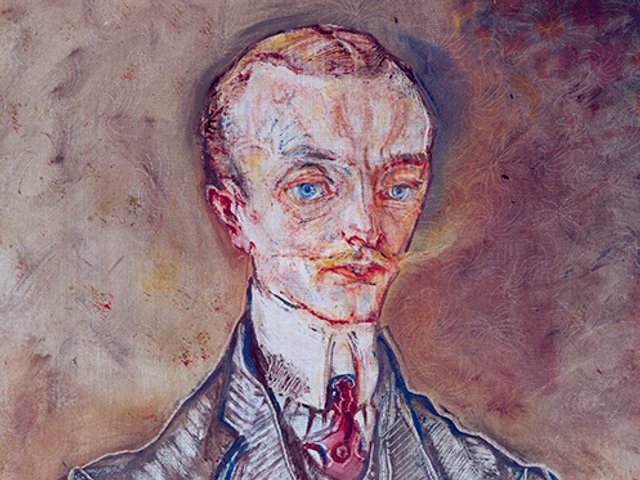Sweden’s museums are calling on the government to create an independent panel to issue recommendations on claims for art in public collections that was lost due to persecution by the Nazis, in keeping with its commitments under the 1998 Washington Principles.
The initiative for an independent panel came from the Moderna Museet in Stockholm, which earlier this month returned a painting by Oskar Kokoschka to the heirs of Alfred Flechtheim, who fled Nazi Germany in 1933. The museum’s director, Daniel Birnbaum, and Olle Granath, a former director of both the Moderna Museet and the Nationalmuseum in Stockholm, have submitted a proposal to the Culture Ministry.

Oskar Kokoschka, Marquis Joseph de Montesquiou-Fezensac (1910) © Fondation Oskar Kokoschka/Bildupphovsrätt 2018
“We feel a little bit left alone,” Birnbaum says. “It shouldn’t be entirely up to us to interpret the Washington Principles.”
Sweden is among 44 nations and organisations that endorsed the non-binding Washington Principles, agreeing to identify Nazi-looted art in public collections and find “fair and just solutions” with the heirs of the original Jewish owners. The last of the 11 points in the declaration called for “national processes to implement these principles, particularly as they relate to alternative dispute resolution mechanisms for resolving ownership issues.”
Five countries have so far created panels to assess Nazi-looted art claims; Austria, France, the Netherlands, the UK and Germany. At a conference organised by the Goethe Institute in Stockholm on 20 and 21 September, German provenance research experts, historians and journalists gave presentations looking at best practices in other countries and mistakes to be avoided in restitution policy.
The Moderna Museet has restituted two paintings—the Kokoschka returned this month and a painting by Emil Nolde that was the subject of a settlement with the heirs of Otto Nathan Deutsch in 2009. The museum faces no other claims, but is investigating some artworks with provenance gaps in its collections, Birnbaum says.
It may be a while before a new Swedish government takes up the challenge to set up a panel, as coalition negotiations are still ongoing after elections earlier this month in which no party won a clear majority. But Per Olsson Fridh, a state secretary at the Ministry of Culture, told Swedish radio last month that he welcomed the initiative by Birnbaum and Granath.
“It’s positive that the Moderna Museet takes these questions seriously,” Fridh said. He added that the government last year asked the Swedish National Heritage Board to develop guidelines for identifying and repatriating or restituting claimed items in museum collections.
“We want to take this issue further,” he said. “The recent writings, discussions and the work that the Moderna Museet has done make it clear that more efforts are necessary. We cannot exclude the possibility that other cases will be discovered.”




